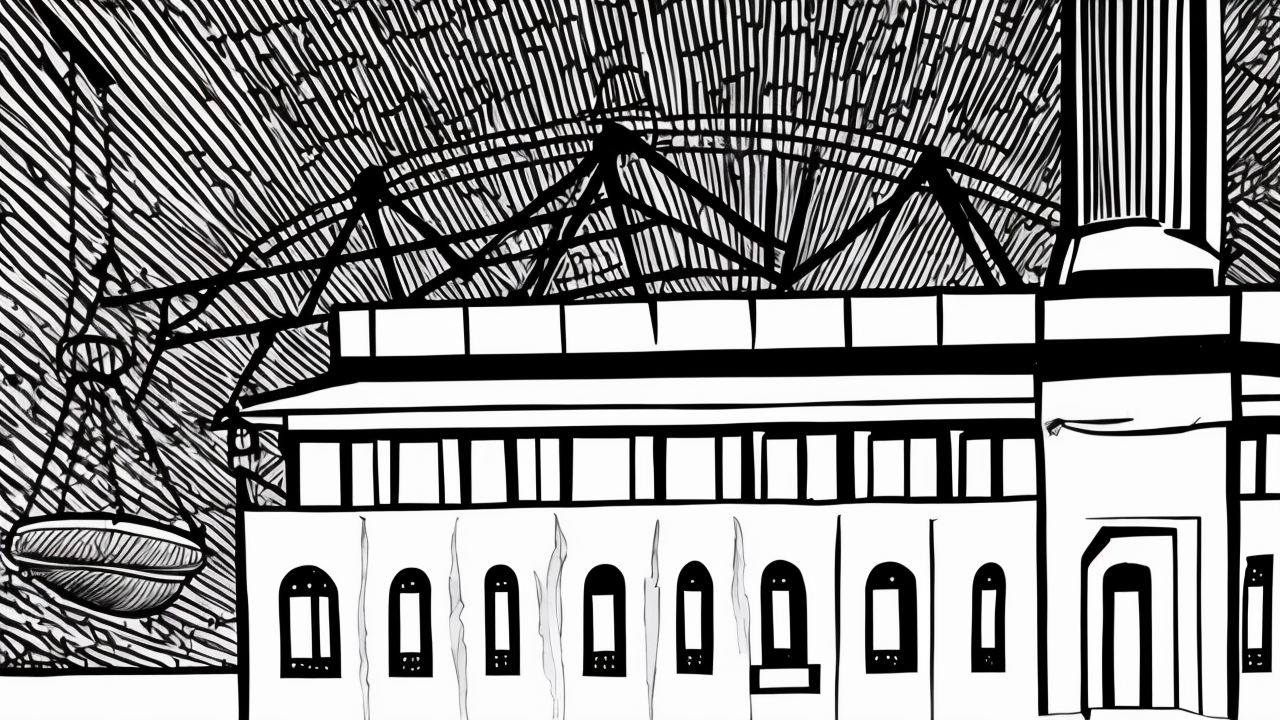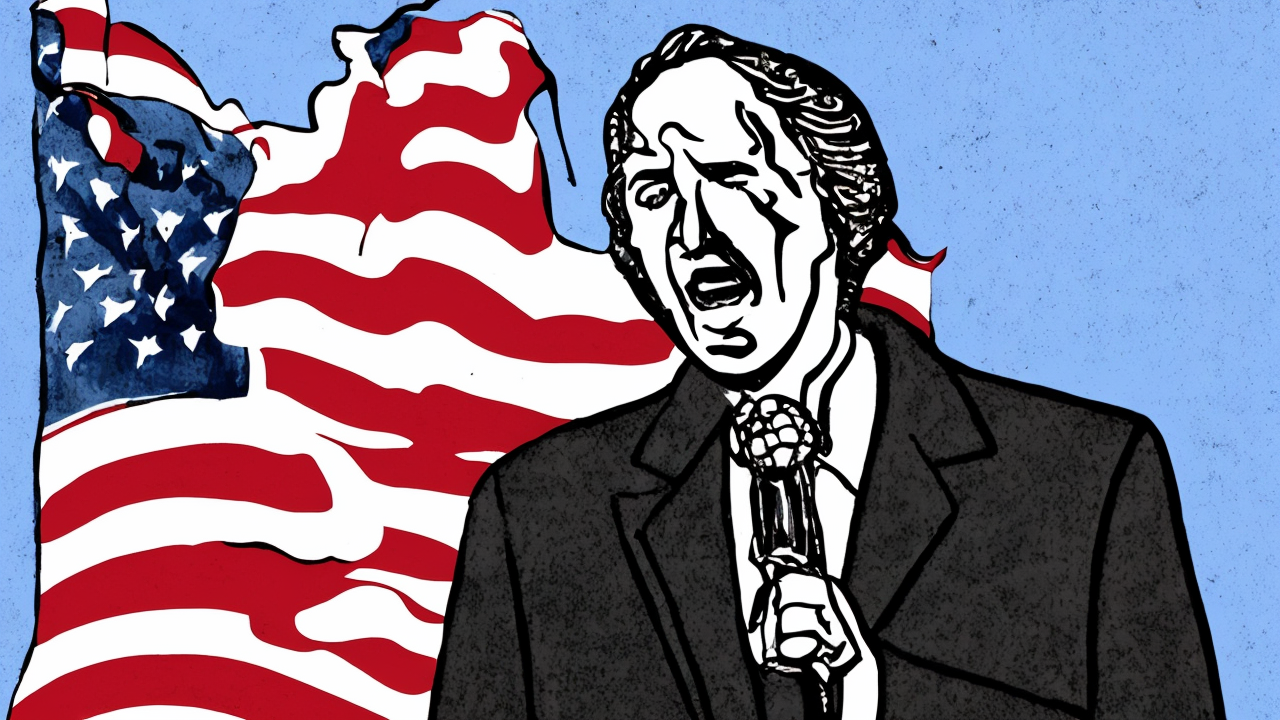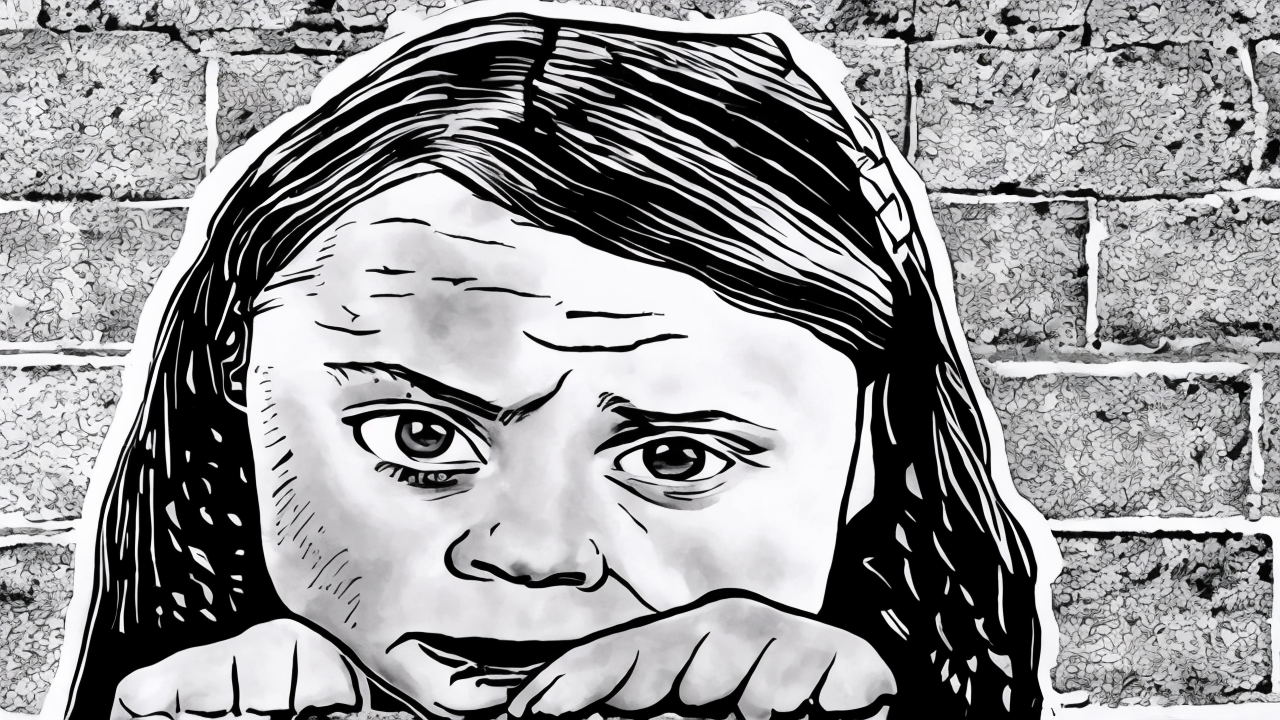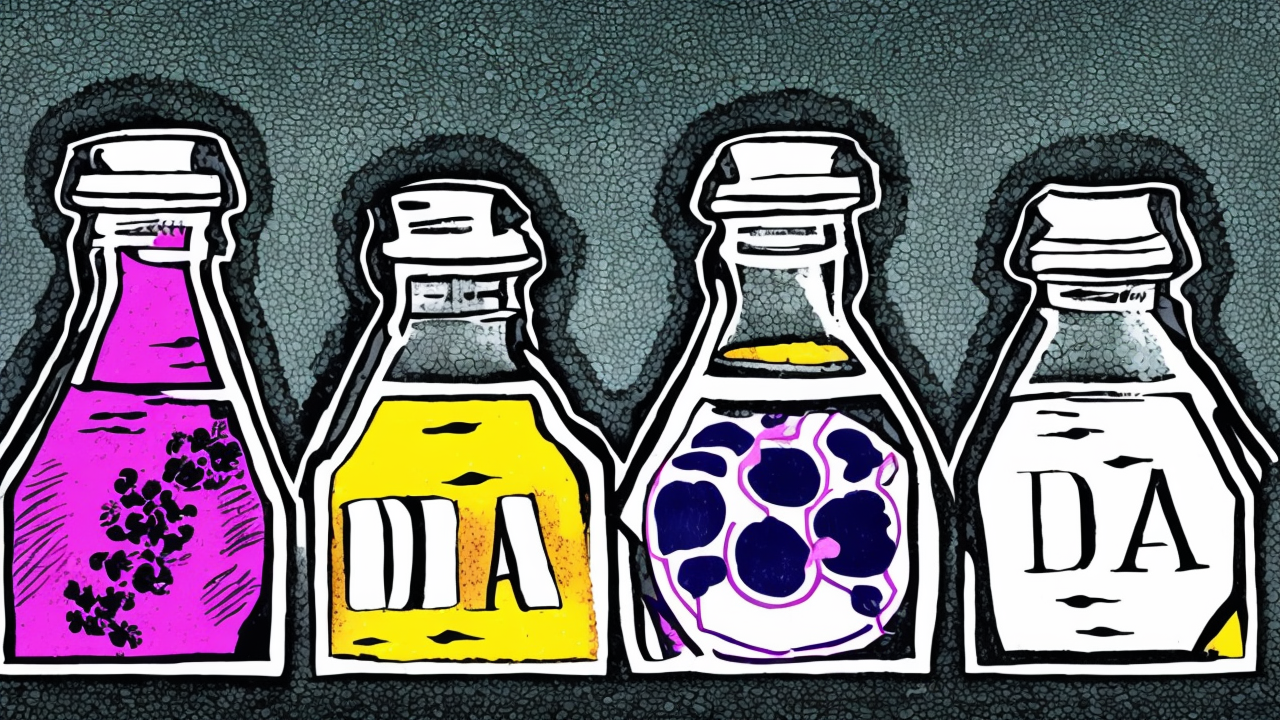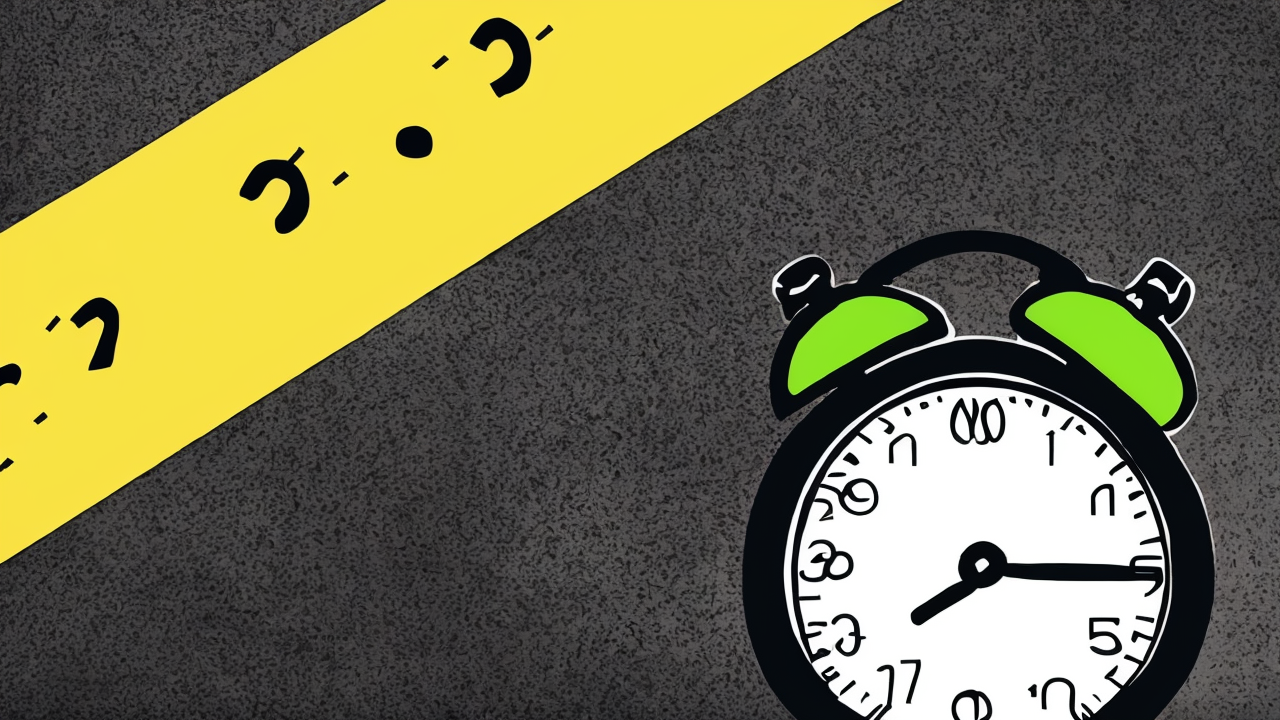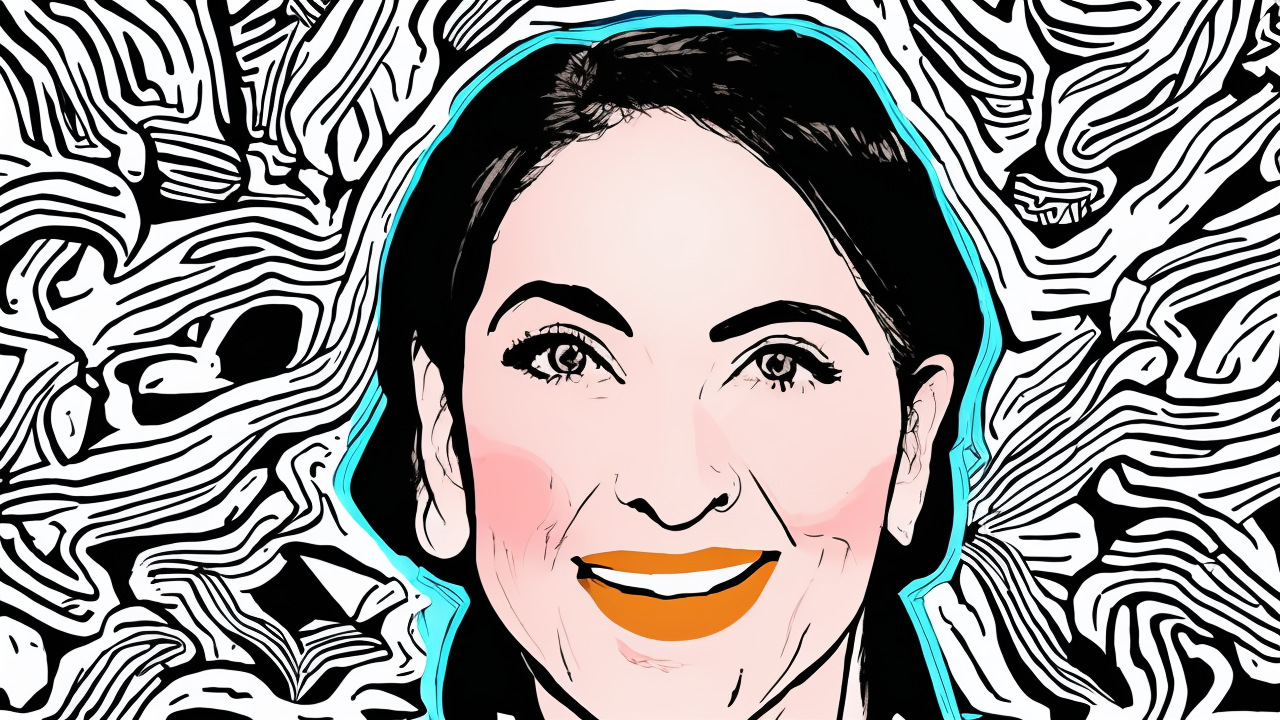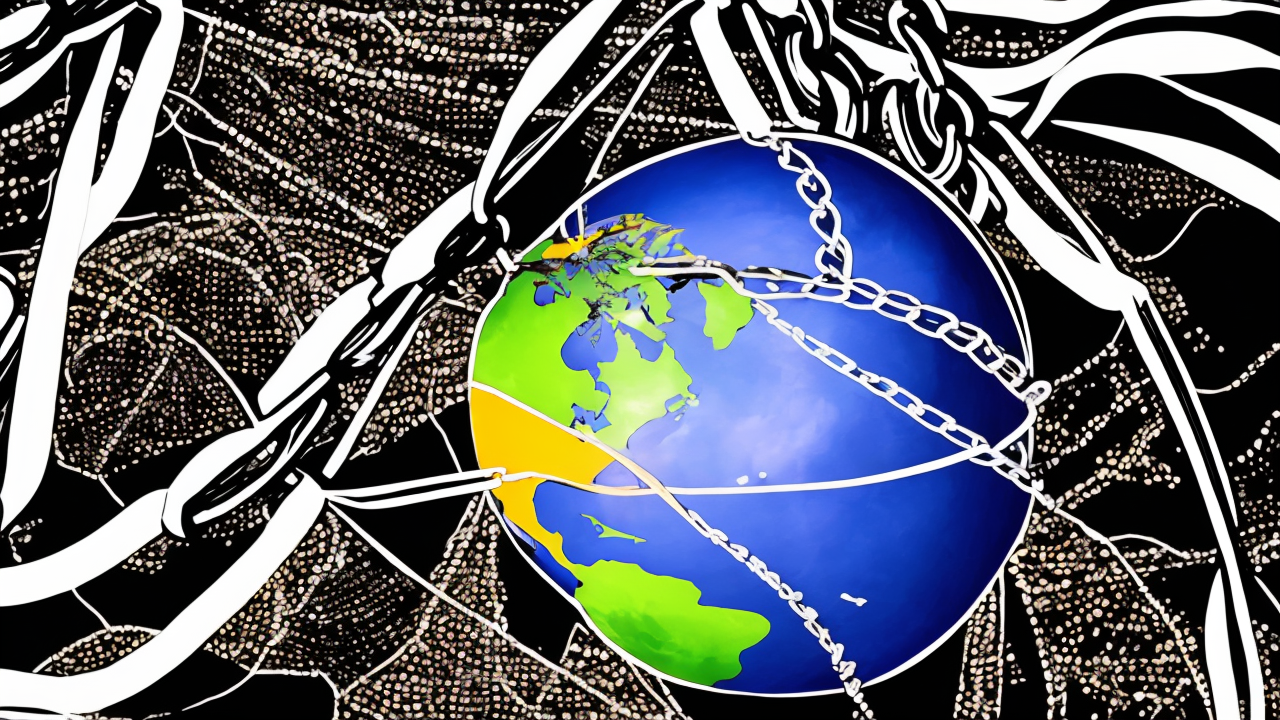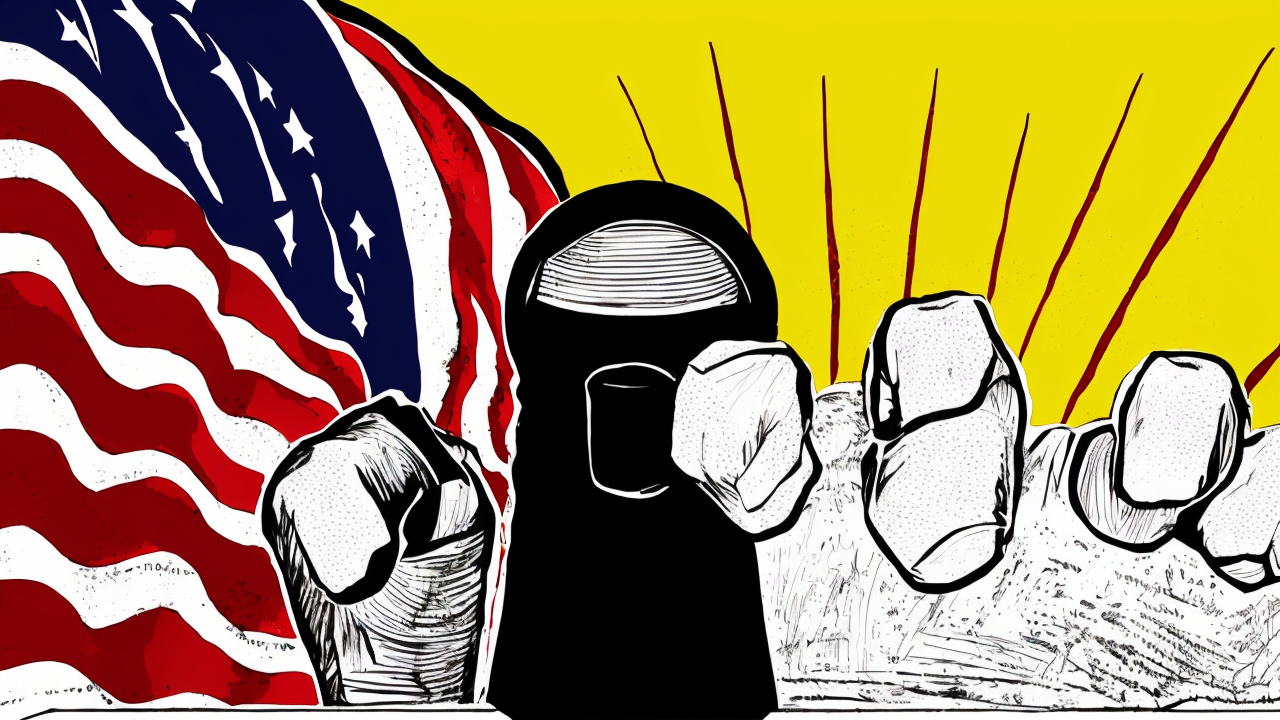OpenAI’s Sora 2 Raises Ethical Concerns Over Manipulation of Deceased Celebrities
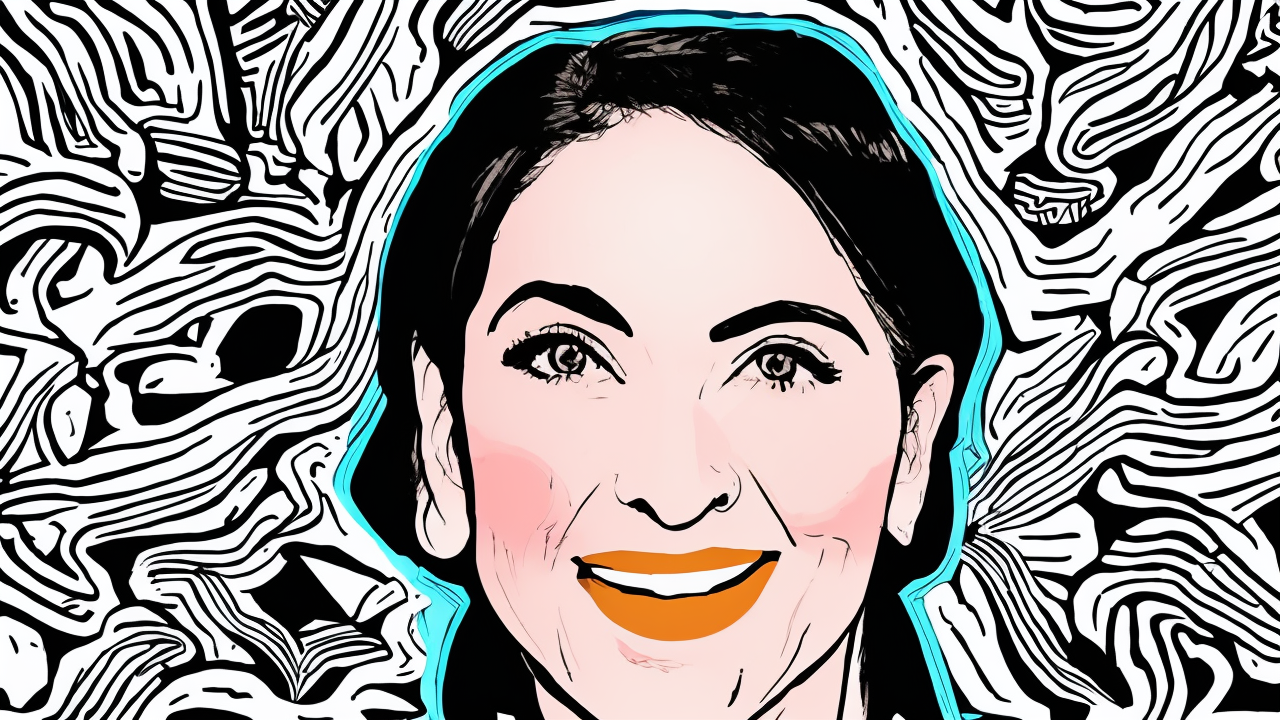
OpenAI’s Sora 2 video generator has sparked controversy by allowing users to create realistic, AI-generated videos featuring deceased celebrities without their consent. While the platform claims to block depictions of living public figures by default, historical figures—those no longer alive—appear to have no such protections. This loophole has led to widespread misuse, with examples ranging from Michael Jackson performing standup comedy to Martin Luther King Jr. stuttering through a speech.
The ethical implications are significant. Relatives of deceased celebrities, such as Zelda Williams, have expressed outrage, pleading with users to stop creating and sharing these videos. Williams emphasized that such content is not only distressing but also contrary to what her late father, Robin Williams, would have wanted. OpenAI’s stance, which allows the generation of historical figures without consent, has drawn criticism for its disregard for the dignity and legacy of these individuals.
The legal landscape is complex. In the U.S., the right of publicity for deceased public figures is governed by state laws, with some states allowing transformative uses under the First Amendment. However, the ease with which AI can now recreate deceased celebrities in convincing ways has raised questions about how these laws apply.
OpenAI has faced criticism for its handling of digital likenesses, including past controversies involving Scarlett Johansson and George Carlin. The company recently introduced changes to address copyright concerns, requiring rights holders to opt in for their characters to appear in Sora 2 videos. However, the lack of protections for deceased public figures remains a glaring oversight.
The use of AI to manipulate deceased celebrities raises broader concerns about accountability and the need for stricter guidelines. As technology continues to evolve, the ethical boundaries of AI-generated content must be carefully navigated to respect the rights and memories of individuals, both living and deceased.
Ethical Quandaries of AI Manipulation: A Call for Accountability
The emergence of OpenAI's Sora 2 has unveiled a profound ethical dilemma, particularly concerning the manipulation of deceased celebrities. This technology not only disregards the sanctity of their memory but also undermines the respect owed to their families. The ability to generate realistic, unconsensual portrayals of these figures raises significant concerns about digital exploitation and the erosion of personal dignity.
Legally, the landscape is fraught with challenges. While some states permit transformative uses under the First Amendment, the advent of AI complicates this framework, offering unprecedented ease in recreating deceased individuals. This technological advancement necessitates a reevaluation of existing laws to address the unique ethical dilemmas posed by AI.
The societal impact is profound. The unchecked manipulation of historical figures risks normalizing the creation of misleading content, eroding trust in digital information. This misuse could perpetuate misinformation, with detrimental effects on public discourse and societal cohesion.
To mitigate these risks, a proactive approach is essential. OpenAI and policymakers must collaborate to establish stricter guidelines, ensuring that AI technologies respect the legacy of individuals, both living and deceased. The development of ethical frameworks should prioritize accountability, transparency, and the protection of individual rights.
In conclusion, the ethical boundaries of AI-generated content must be rigorously defined to uphold the integrity of our digital landscape and safeguard the memories of those who have passed. This call for action underscores the need for a balanced approach that respects technological innovation while preserving ethical standards.
Published: 10/7/2025

